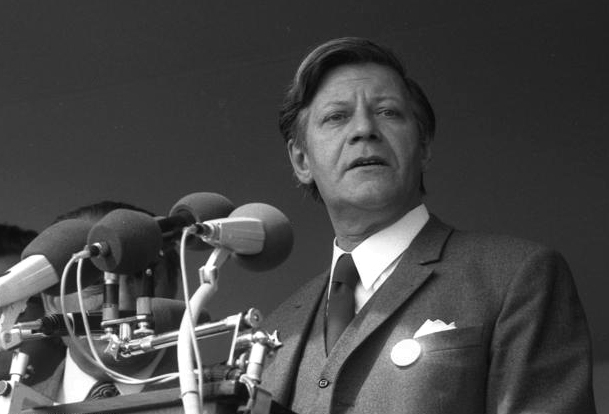PhD project
Project of the Postgraduate Research Group of the Hans Böckler Foundation "Social Consequences of the Transformation of the World of Work in the Second Half of the Twentieth Century"
Trade unions and unemployment – at first glance this pairing of terms can seem contradictory. Traditionally, these organizations are more likely to represent the interests of employees. Relevant studies, for example on the history of the “New Poverty”, show, however, that trade unions have been concerned with the rise of mass unemployment and the associated poverty in the Federal Republic of Germany since the 1970s. But why and in what way did trade unions campaign for people without employment in the last third of the 20th century? Using the example of the umbrella organization DGB, which is responsible for the general representation of interests in socio-political matters within the trade union system, union efforts and interests in dealing with the unemployment problem are analyzed. The restoration of full employment through the redistribution of work (for example by reducing working hours) has always been the central demand for the DGB in the fight against unemployment. He held on to the goal of “jobs for everyone” longer than other actors.
Why the DGB insisted on its demands and only hesitantly adapted to the changed circumstances and living conditions is determined in the project on the basis of four fields of investigation:
First, the DGB is located in the socio-political environment, i.e. with its socio-political demands in relation to politics and the political parties, churches and welfare. Second, it is worked out how and why the umbrella organization tried to exploit the fact of existing unemployment for itself. Thirdly, it sheds light on how internal organizational changes as a result of social unemployment were struggled with. Fourthly, these findings enable an assessment of DGB policy in labor market and social policy issues – for example in the political structuring of employment relationships – in a society that deals with changes in work, changed forms of employment and the loss of jobs would have. The project thus aims at a trade union history as organizational, social and political history against the background of social and economic processes over the upheaval in 1989/1990.
The project ist a part of the Postgraduate Research Group "Social Consequences of the Transformation of the World of Work in the Second Half of the Twentieth Century"


